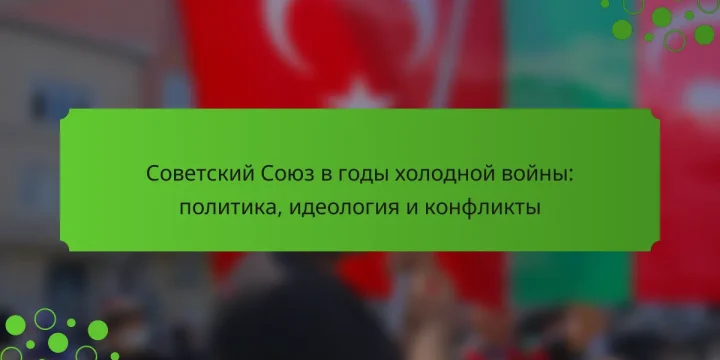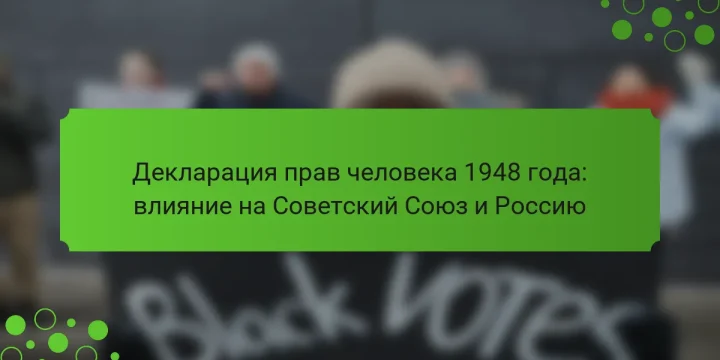
The article focuses on the Soviet Union during the Cold War, a socialist state that existed from 1922 to 1991 and emerged as one of the two superpowers in a global conflict against the United States. It examines the USSR's aggressive development of its nuclear program, support for communist movements worldwide, and the internal repression that characterized its governance. Key events such as the Korean and Vietnam Wars, as well as the Cuban Missile Crisis, are highlighted to illustrate the USSR's foreign policy aimed at expanding its influence and countering Western capitalism. The article also discusses lessons learned from this era, including the significance of military power, the impact of internal repression on public trust, and the necessity for economic reforms, alongside the importance of diplomatic negotiations for conflict resolution.…








